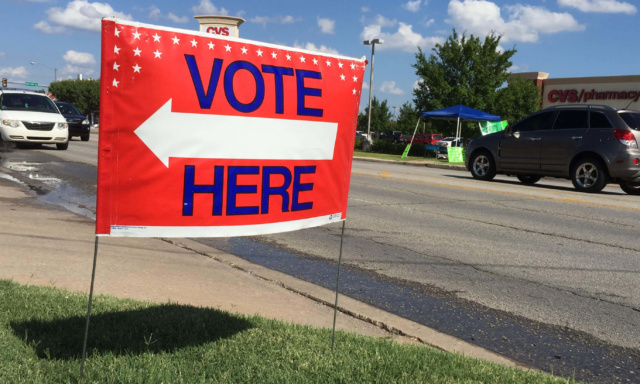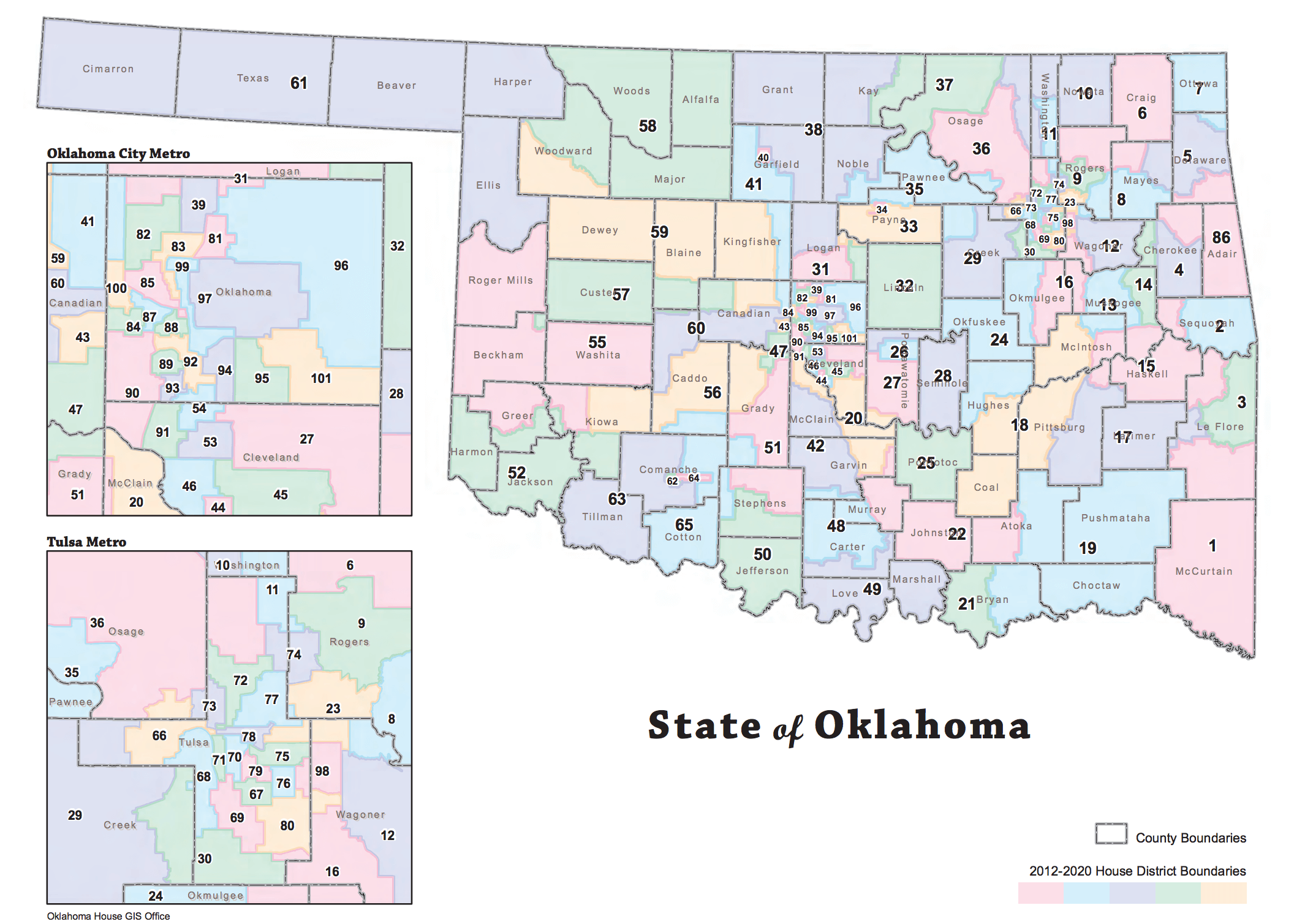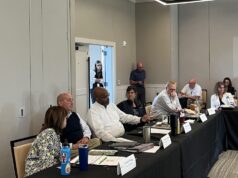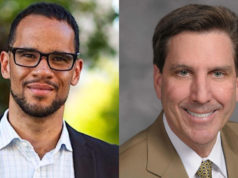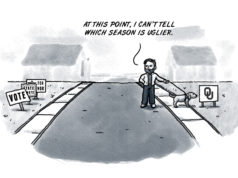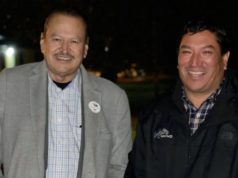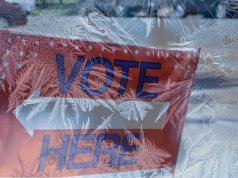
In exactly three weeks, some Oklahomans will go back to the polls to vote (again) in a runoff election for whom their political party should nominate in a state house, state senate or U.S. Congressional election come November.
While this runoff election may leave some wondering for whom they should vote, we should all be asking why we are voting, as other states and municipal bodies have used math and technology to avoid runoff elections altogether.
Why would we want to avoid a runoff election?
Believe it or not, elections involve a lot more than just setting up folding chairs in a school gymnasium. As such, they cost taxpayer money for printing ballots, for printing voter ledgers, for reimbursing county election officials, for training poll workers, etc.
So each time Oklahomans have to head back to the polls for a runoff election, that’s more tax money being spent in the name of democracy, and runoff elections are the worst part of democracy.
To that point, runoffs routinely draw fewer voters to the polls than primary elections. Since only a handful of districts go to runoffs each election year, statewide voter awareness is low.
This year in Oklahoma, only seven state senate races, six state house races and one congressional race have runoffs. (We will begin examining those races on NonDoc this week.)
How can it be done?
Doing away with these extra elections would require Oklahoma to adopt an instant-runoff system wherein voters would rank their preferences in primary contests. Then, election administrators would use math to determine an automatic victor in the primary.
For example, if Candidate A received 40 percent of the primary vote, Candidate B received 40 percent of the primary vote and Candidate C received 20 percent of the primary vote, computers would calculate a victor between Candidate A and Candidate B based on who Candidate C’s voters listed as their second preference.
Doing so would ensure each primary voter’s voice was heard in determining the “runoff” victor, and it wouldn’t require people to go back to the polls two months later for the same purpose.
Why isn’t it being done?
Runoffs were almost ditched by the Oklahoma Legislature in 2011 after Congress’ Military and Overseas Voter Empowerment Act of 2009 forced Oklahoma to adjust its primary process. The federal law required that absentee ballots for federal races be mailed out 45 days ahead of any election. At the time, Oklahoma’s July primaries and August runoffs did not allow for compliance with that rule.
While Oklahoma could have chosen to implement instant-runoffs to address the situation, lawmakers instead bumped the primary up to June, which meant candidate filing had to move to April, the heart of the legislative session.
Some have noted the cost of advanced instant-runoff balloting technology as a barrier to modernizing this part of Oklahoma’s election process. Other critics have vaguely pointed to “unintended consequences” as a reason to stick with the status quo.
Still, political observers from OU professor Keith Gaddie to Oklahoma Policy Institute executive director David Blatt have advocated for some sort of change in the Sooner State.
In 2014, Blatt authored a post that wondered, Time to off the runoff? And just two weeks ago, he authored another post examining this year’s runoff races that declared: Time to off the Oklahoma runoff.
In other words, two more election cycles have convinced the longtime policy wonk to ditch the question mark in discussing the topic.
Now, it would seem, a change should be imperative.
The question remains whether legislative leaders will consider it.
RELATED
Editorial: More candidates mean better democracy by William W. Savage III








